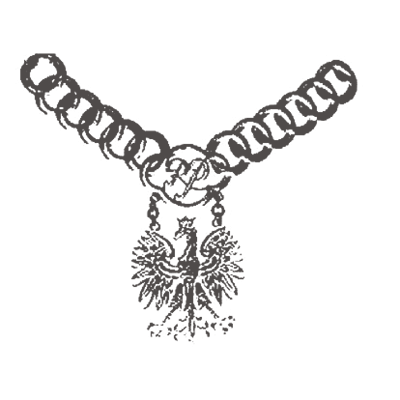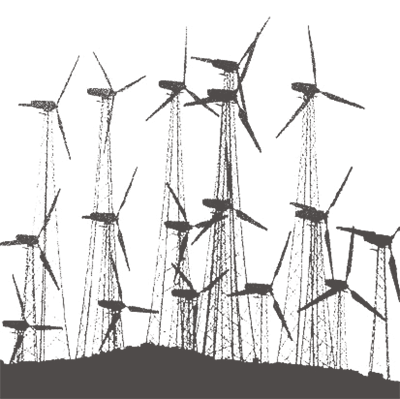Changes in Polish public procurement law
Public procurement is the process by which public authorities – government departments or local authorities – purchase work, goods or services from companies in the market. Recent changes to the public procurement law brought many improvements.

Simplified restructuring proceeding
So-called simplified restructuring proceeding has been introduced into Polish law in June 2020. It is quite quick, deformalized and highly beneficial to firms facing bankruptcy. It provides protection against creditor enforcement and termination of contracts, as well as an opportunity to reduce debt (if agreed to by creditors).

Moratorium on the filing of bankruptcy declarations
The pandemic impacted a number of businesses in Poland. To prevent some of its negative consequences a moratorium on the filing of bankruptcy declarations was introduced in Polish law on 13 April 2020.

News from Poland—Business & Law, Episode 13 (part 1): interrogation of a foreigner as a witness
This time Stanisław Drozd and Konrad Grotowski explain what to expect if you are a foreigner testifying as a witness before the Polish civil court. The second part of the film will be published in January next year.

Pregnancy register: Surveillance tool or technological advance?
Convenient access to full medical records is an important goal, but it cannot be pursued contrary to the GDPR and the Constitution. Liability for use of beneficiary’s data for non-medical purposes should also be regulated.

New provisions on by-products
The amendment to the Waste Act which is to come into force at the beginning of 2022 implements the amended Packaging and Packaging Waste Directive into the Polish legal system and constitutes a step towards a circular economy. One of the more significant changes relates to by-products.

Minister of Infrastructure takes first step on new offshore wind permits in Poland
On 1 December 2021, the Minister of Infrastructure published a long-awaited regulation on evaluation of applications for licences to erect artificial islands (offshore location licences). Investors who obtain permits will be able to participate in future auctions for offshore wind farms.

Penalties for failure to transfer Passenger Name Record data
According to recent press reports, as many as 210 air carriers that operated air transport on routes to and from Poland in 2018 may be fined for breach of the Passenger Name Record Data Processing Act. In just four months (June–September 2021), the commander-in-chief of the Border Guard instituted some 17,000 proceedings against them seeking to impose administrative penalties, exposing them to fines that could total as high as PLN 640 million. Given that between 2018 and 2020 there were nearly 940,000 passenger-related flight operations (on both domestic and international routes) in Poland, this may represent just the tip of the iceberg.

Over-the-counter drugs can’t be sold in mobile shops
Under current Polish law, it is illegal to sell OTC drugs from a motor vehicle. This was acknowledged by the Chief Pharmaceutical Inspectorate and confirmed by the Province Administrative Court in Warsaw in its judgment of 23 March 2021 (case no. VI SA/Wa 2691/20).

Are you drafting a whistleblowing policy? Don’t forget about personal data
Work is underway on a bill implementing the EU’s Whistleblower Directive (2019/1937). It is not yet clear whether the directive will be implemented into Polish law on time (by 17 December 2021), but many companies are already drafting the necessary documents and organisational procedures.

News from Poland—Business & Law, Episode 12: receivables as an asset and opportunity
Daniel Smarduch discusses the transactions involving receivables from the Polish perspective. Receivables as an asset are present everywhere in the business world. This asset could be a problem for some, but at the same time an investment opportunity for others.

The new Developers Act: What will change?
During the decade after the current Developers Act entered into force in Poland, it was repeatedly argued that its provisions were vague or diverged from the market reality, so that the act did not live up to the hopes placed in it. As a result, in the last few years, work was undertaken to introduce a new law to fill the existing gaps and, above all, provide greater protection for buyers of residential units and single-family houses.
